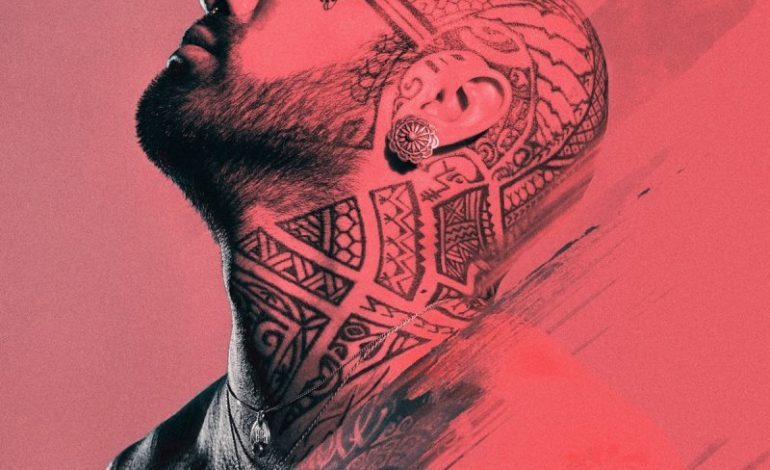

Tribal-enthused music for exploration of introspection
Take Your Power Back by Nahko and Medicine for the People is an alternative, world music album consisting of 18 indie tracks. Portland, Oregon-based, Nahko was adopted at less than a year old by a conservative Caucasian family that introduced him into music and worship, where he began taking piano lessons and singing in the church choir. Nahko Bear (singer), Justin Chittams (drums), Joe Hall (lead guitar), Patricio Zuñiga Labarca (bass guitar), Max Ribner (trumpet, flugelhorn), Tim Snider (electric violin) and TJ Schaper (trombone) are all the members. This six-membered band is releasing Take Your Power Back as their fourth record as a band, but the fifth record for Nahko Bear, who released My Name is Bear as a solo act in 2017.
Influenced by the therapy he has attended with his mother, these songs are a result of a depth of personal lyrics and empowering rhythms. The record is not shy to embrace ancestral sounds. “Garden” stages a glimpse into Nahko’s personal mêlées, when he sings—in a buoyant and hip-pop song filled with background bops and cries, “miles and miles, the tongues of the ocean/ tarmac and teenage tears/ life, it just happens, those roads and the lessons/ always from things I feared.” These poetic lyrics show that Nahko has had his share of life struggles of distance and loneliness, teenage breakdowns, and fears, and anxiety.
“4th Door” has mesmerizing hums and a tranquil guitar picking, when they sing, “who grieves in a straight line?” The song resembles a hymnal, worship anthem. “I hold my breath for humanity’s sake/ for the way we hold the space/ for every color/ every race or political taste,” is softly but inspiringly sung in a folk-enthused single, “Lifeguard,” with hand-clapped percussion throughout every portion. “Slow Down” begins with a desperate wail from Nahko, shouting to “slow down!” The tempo in this song changes from a place of upbeat intensity to minimal music and restful warbling.
Placed as Track four and Track 16 are two interludes: “Healing Song” and “Oli Kukulu.” The former consists of a tribal chant and beat drum, while the latter contains a woman reading a poem. “There will come a time when we will look back and remember when we stood for mountains and waters, with one heart and one mind.” The second interlude’s poem is the pinnacle of the album’s deep introspection to showcase Nahko and Medicine for the People’s creative migration and spiritual awakening.
